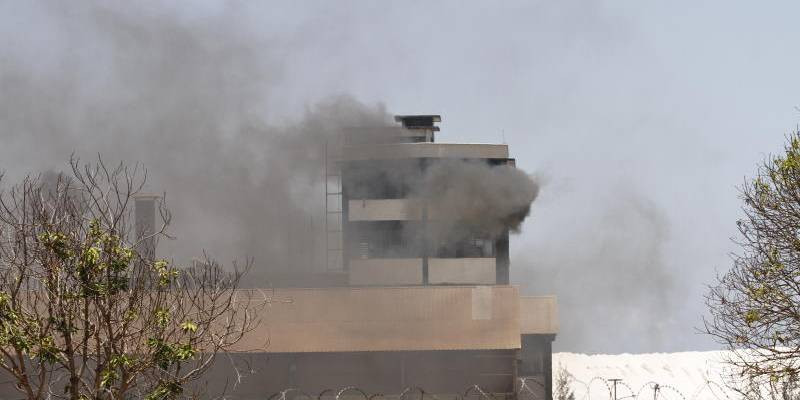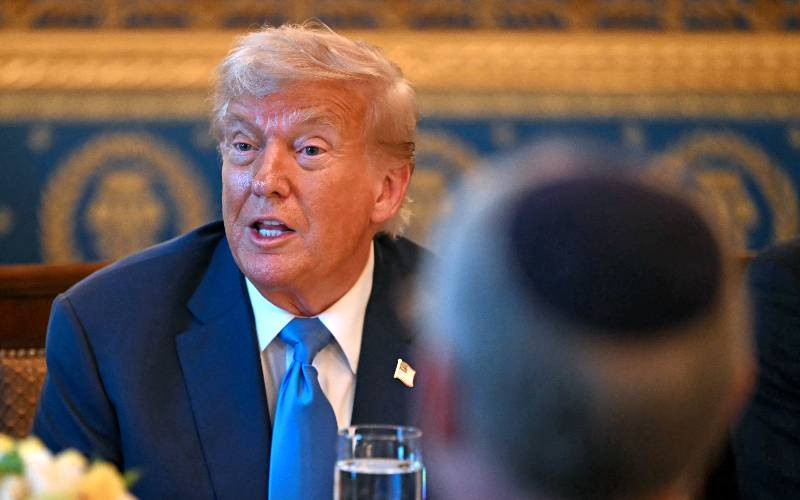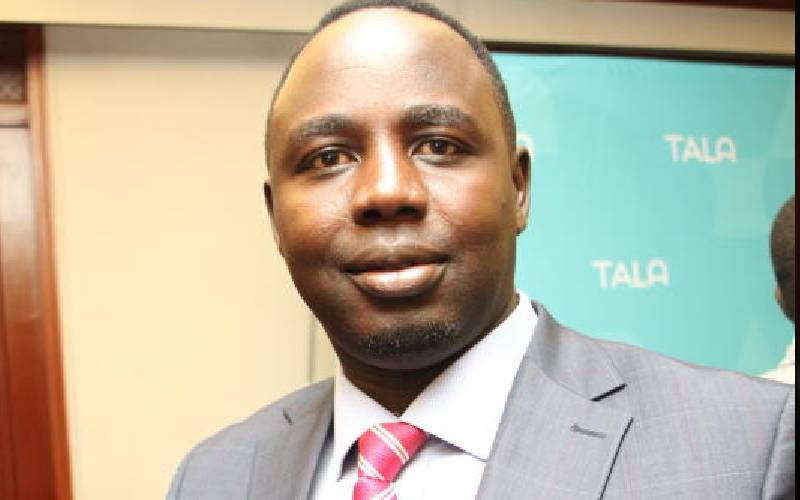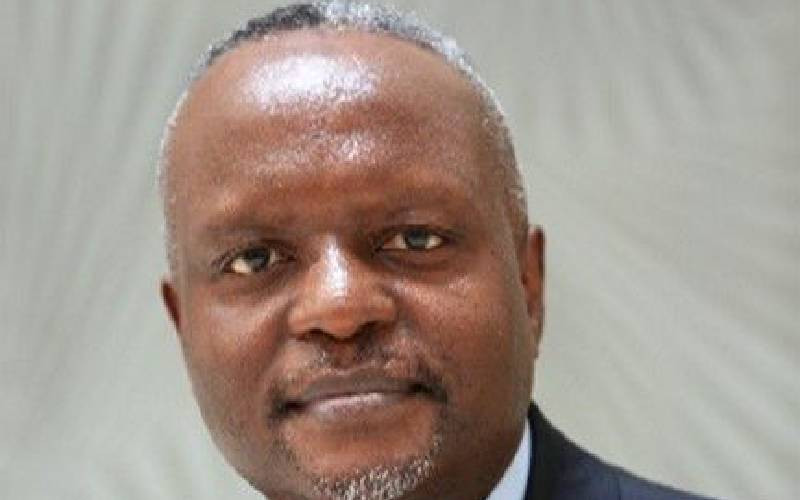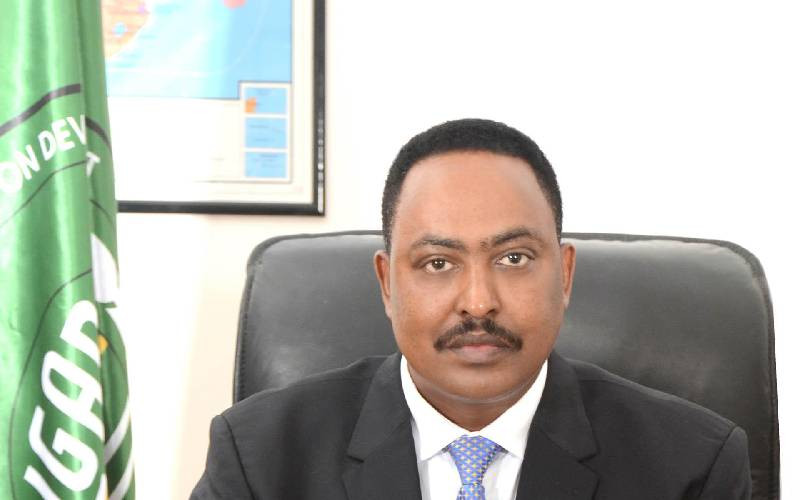
The Ruto government, now generically operating under the moniker of “broad-based government,” will get broader still. The Public Service Commission has published a notice, inviting applications for Principal Secretary positions. It is also an open secret that the Cabinet, reshuffled only in July, will soon undergo further change, following the recent promotion of Prof Kithure Kindiki from the Interior Ministry to DP.
President William Ruto has an astute opportunity to shake up his government further, to bring on board persons who could boost the credibility of a regime walking the tightrope in the court of public opinion. There is a concern galore everywhere.
Education, governance integrity, security, health, tax, cost of living, food, and infrastructure – to name just a few – are all sectors that have raised eyebrows. While the President has in the ended week called off the malign Adani deals that have disturbed the Kenyan nation to no end, this does not significantly boost the image of his government.
He has previously been the chief apologist for dubitable contracts that his government entered with Adani. Kenyans have wondered how their government could get into foggy deals with a disreputable entity that suffers a huge credibility gap all over the world.
The government has at every opportunity justified the opaque deals in the energy, health and aviation sectors. Roped in, too, has been Opposition leader, Raila Odinga, who has publicly associated himself with the origins of Adani deals in Kenya.
The sudden exit of the government from these deals leaves behind a whiff of foul smell. It invites into question the merits of the so-called broad government and the unity it claims to bring about in the country. At best, this unity smacks of conspiracy against the people. For, those who should question foul deals have become their apologists. The notion of a broad-based government can, of course, be good in certain circumstances. It suggests that leaders across a wide philosophical and ideological divide can come together, to provide a hybrid approach to policy and governing. Yet, is this the reality?
When Kenya Kwanza ascended to power, a hugely partisan National Assembly approved all presidential nominees to Cabinet. Some were very weak individuals. This was a harbinger of a slate of legislative bad manners.
Frustrated by the domination of raw Majority numbers, John Mbadi of ODM derisively referred to Ruto’s Cabinet as a skunk. “Let us give Ruto his skunk,” Mbadi told Parliament. Two years on, Mbadi is in the Ruto Cabinet. In charge of the National Treasury, he is the epitome of what it means to be born again. He is the outsider who weeps louder than the bereaved. And he is not alone, his Energy colleague, Opiyo Wandayi, roars louder than Davis Chirchir, who preceded him.
He justified Adani deals with fiery passion. Then, suddenly, President Ruto cancelled the deals, leaving the visitors in his government with rotten eggs on their face. These outsiders have confounded everyone by praising the things they previously said were rotten. It became clear that they had come not to enrich the government with change, but to be a part of the decay they had criticised.
Therefore, Mbadi now ventilates on the same side of budget debates with Budget and Finance Committee Chair, Kimani Kuria, only that he is more visible and louder than Kuria. This is what must concern Kenyans, as new names of hitherto unsullied individuals are floated by distant drums that herald yet another Ruto raid into the Opposition.
In principle, there is nothing inherently wrong with broad-based governments, if they will heal some of the ills. But everything is wrong when the newcomers gentrify and sanitise rot. Among the names now doing the rounds are Jeremiah Kioni, Nderitu Muriithi and Mutahi Kagwe. These are household names on Kenya’s political landscape. If indeed they have been called to the Kenya Kwanza government, they will each have to hold at least two heavy conversations. The first one is with their inner selves.
Are they going to sanitise that space and sink into doing the same things the ODM team is doing there, or are they going to transform governance? Second, President Ruto must assure them that they have come to serve Kenyans, and that they will not be used as political launderers.
Nor, indeed, are they election vote traps, in the wake of the fall of former DP Rigathi Gachagua, who hails from their Mt Kenya region. They must invite Kenyans to hold them to account.
Stay informed. Subscribe to our newsletter
Dr Muluka is a strategic communications adviser. www.barrackmuluka.co.ke
